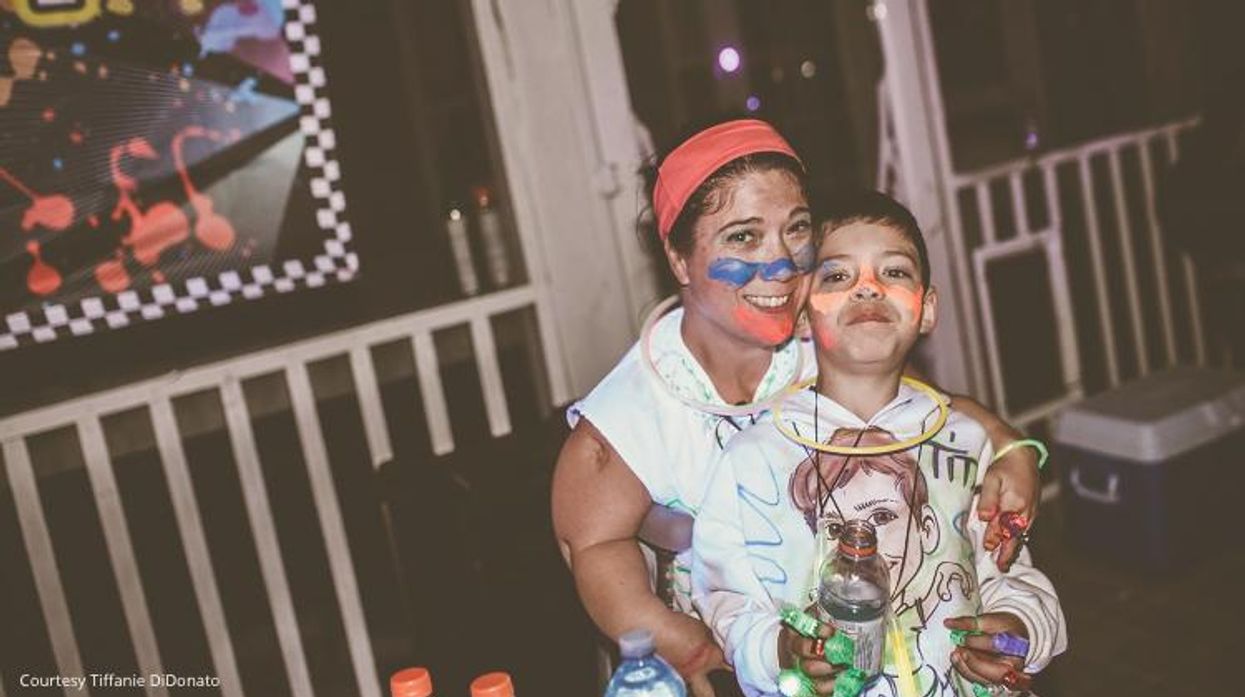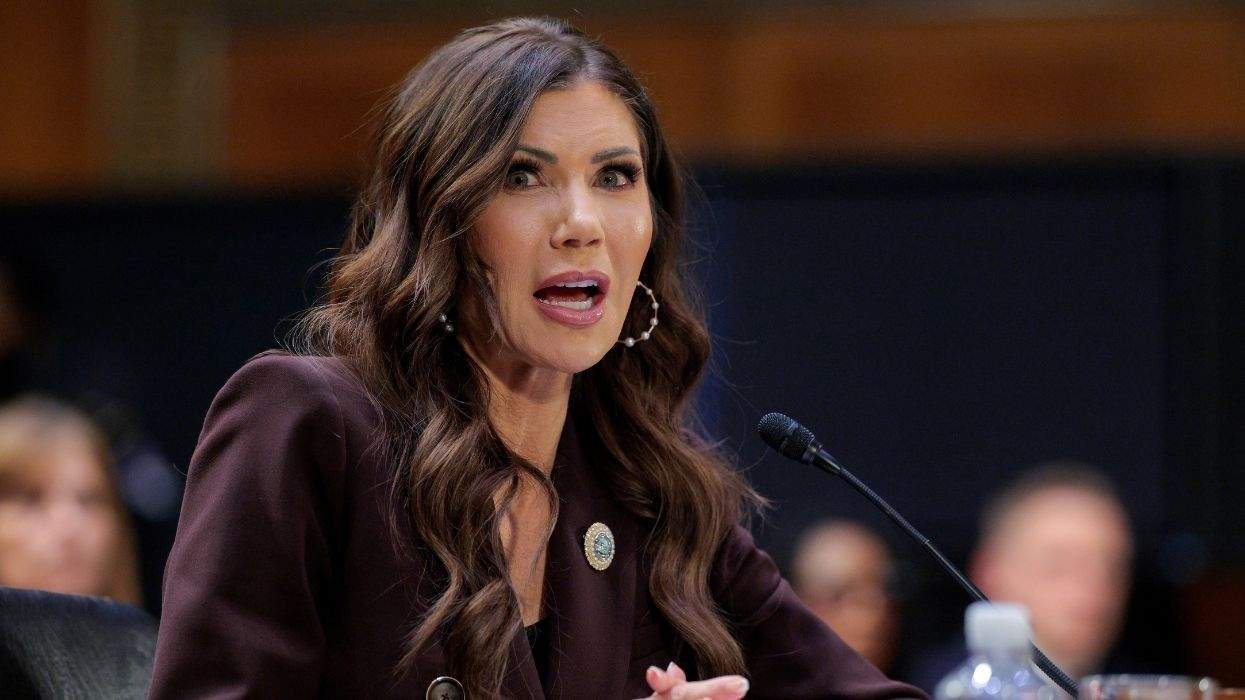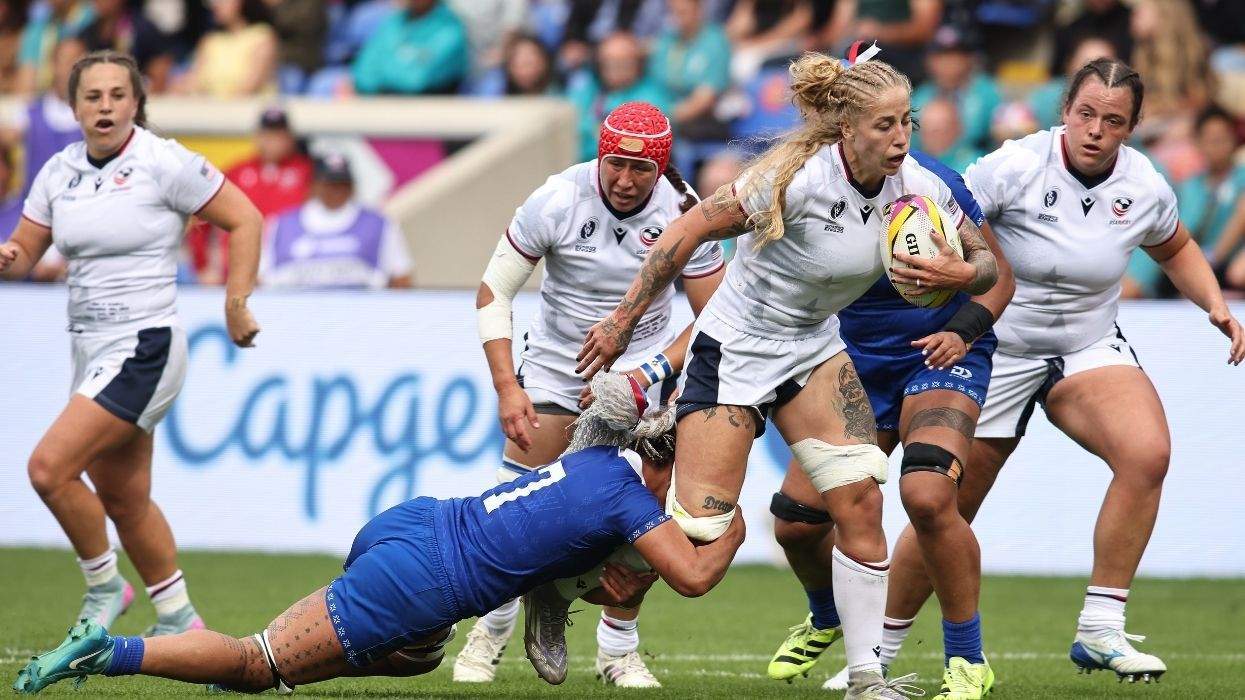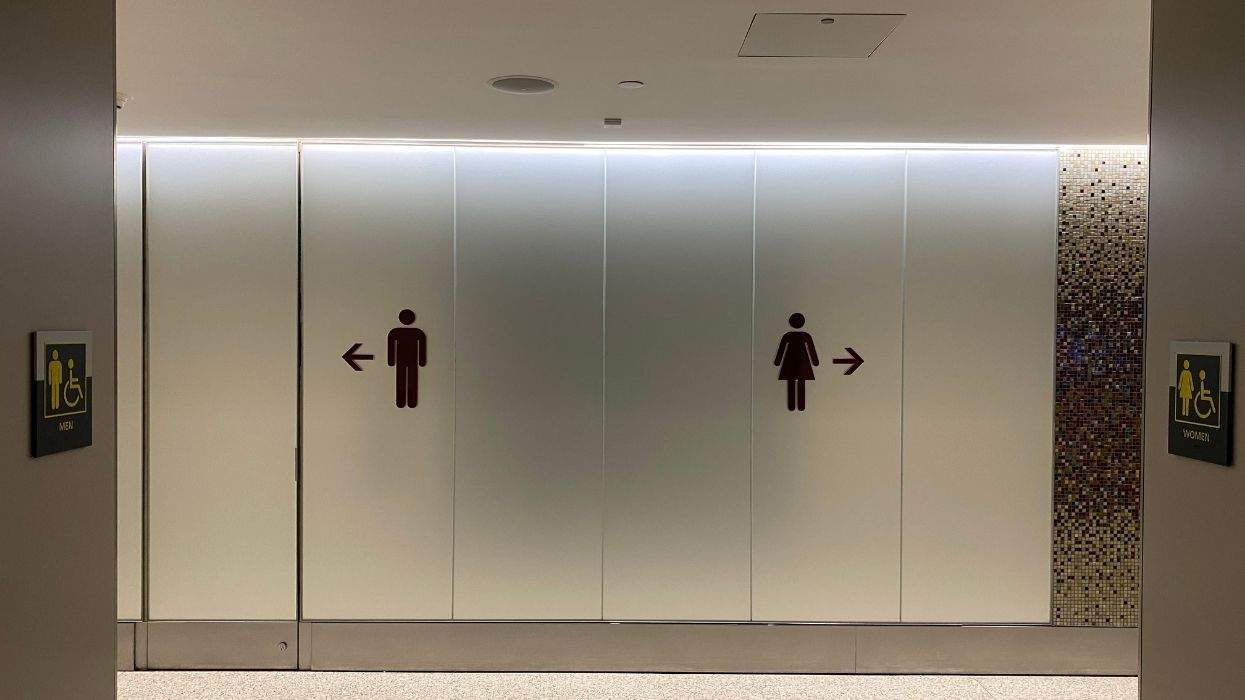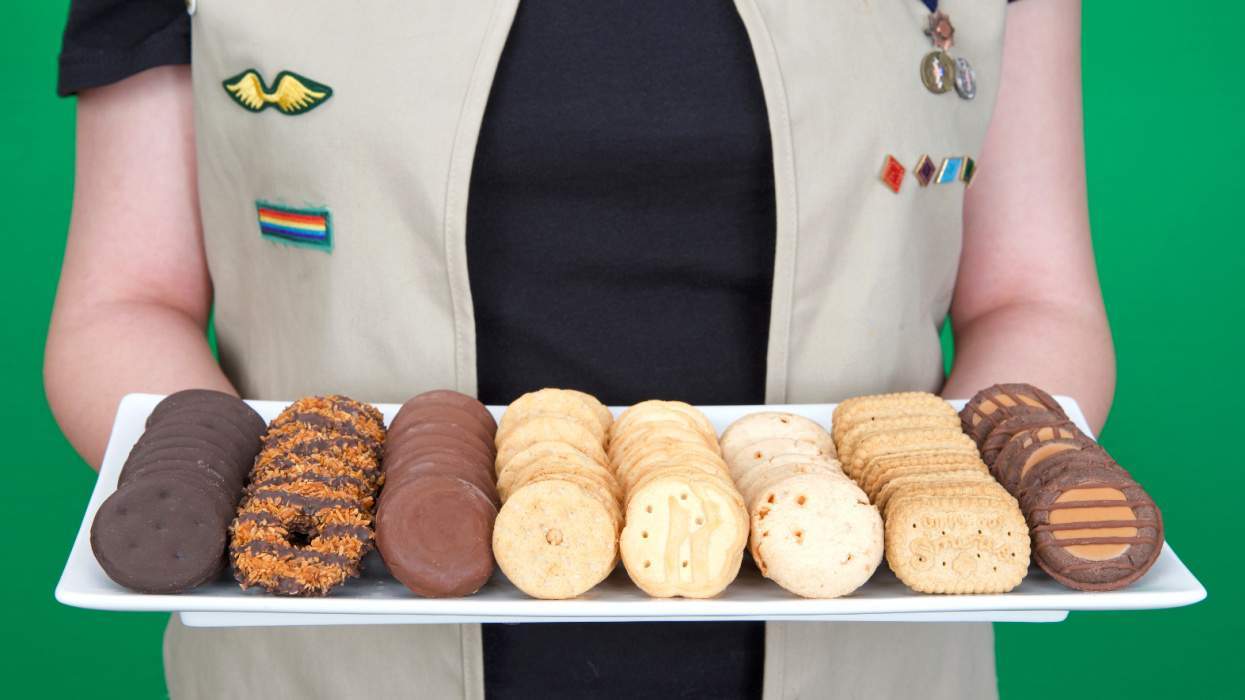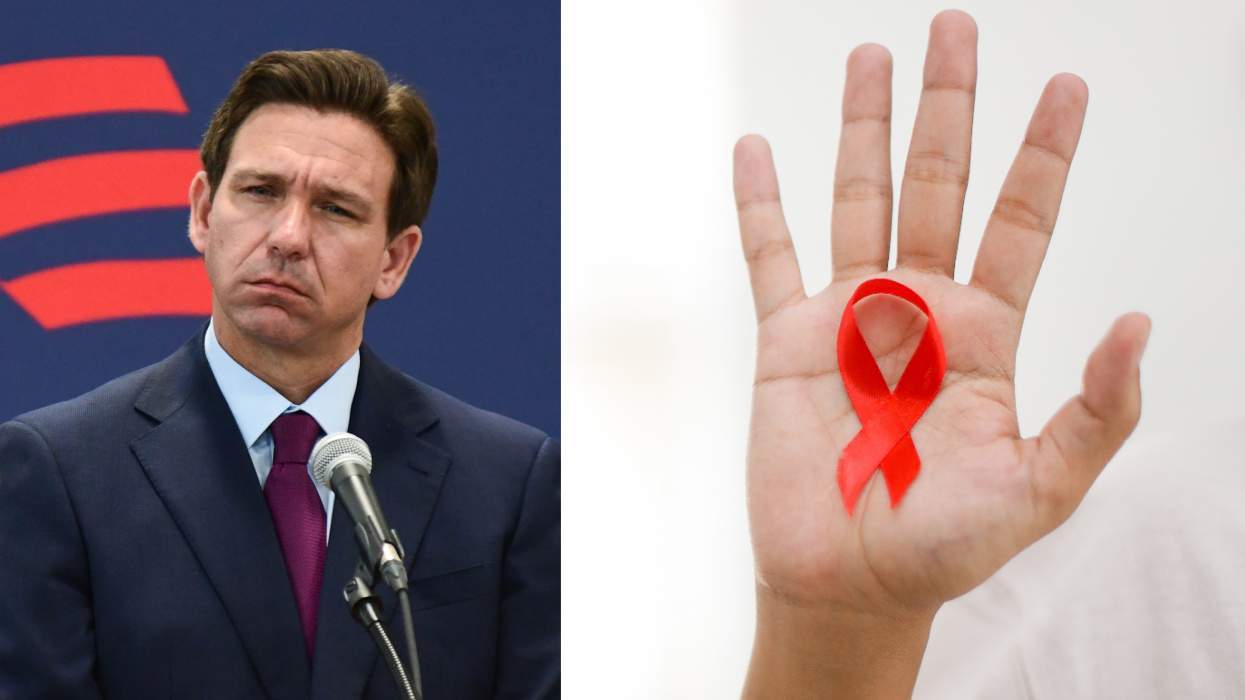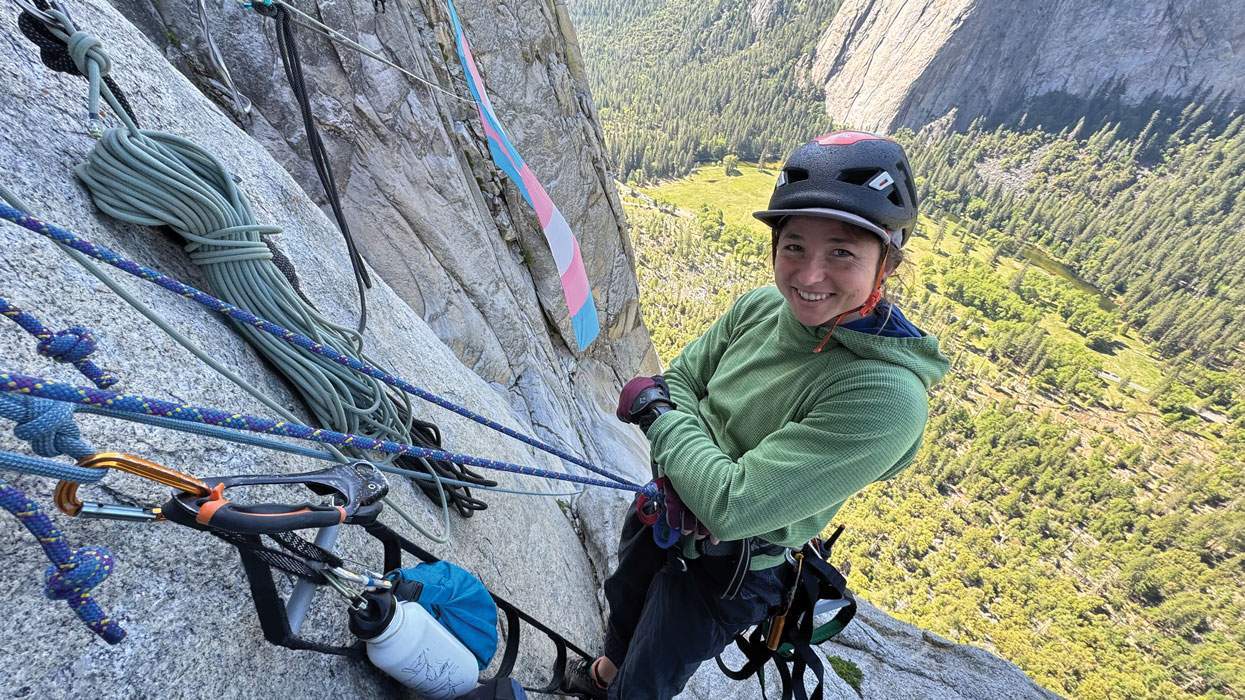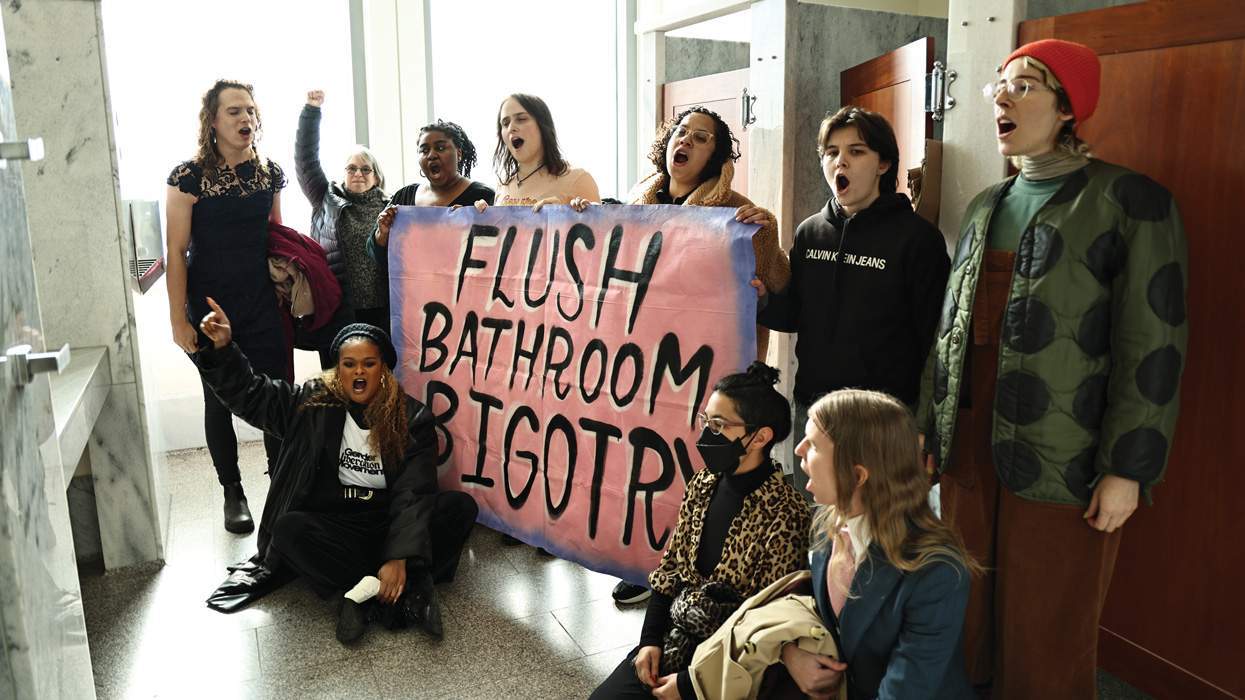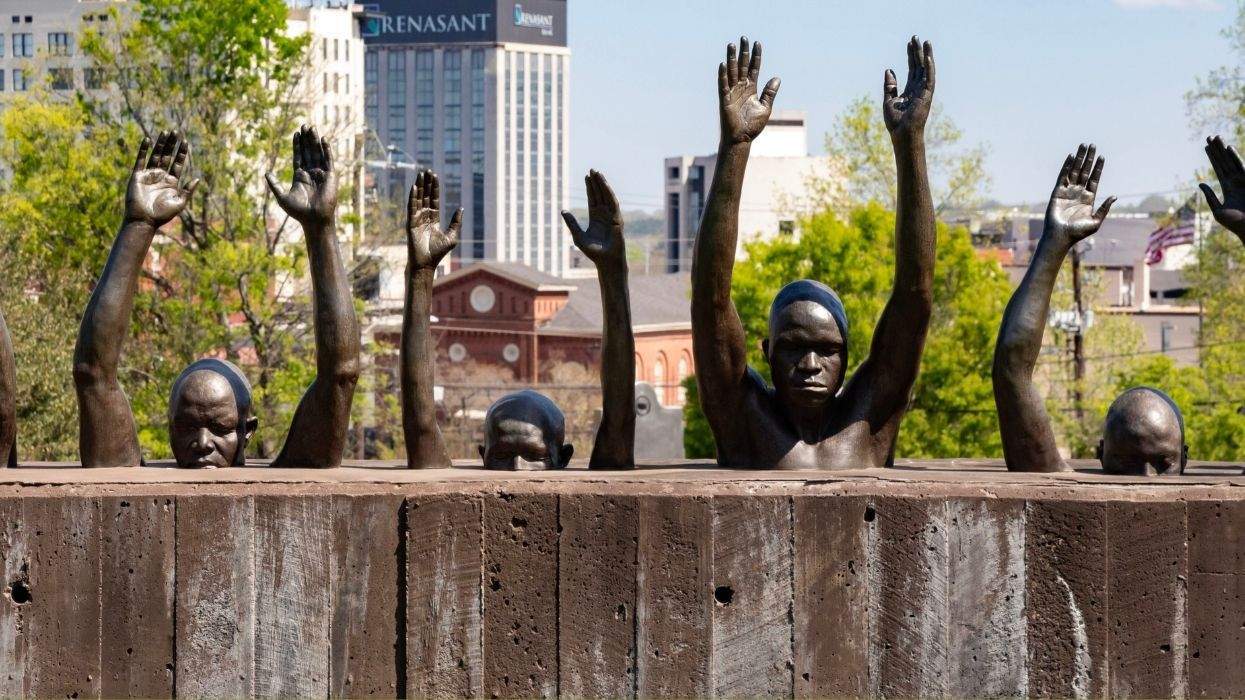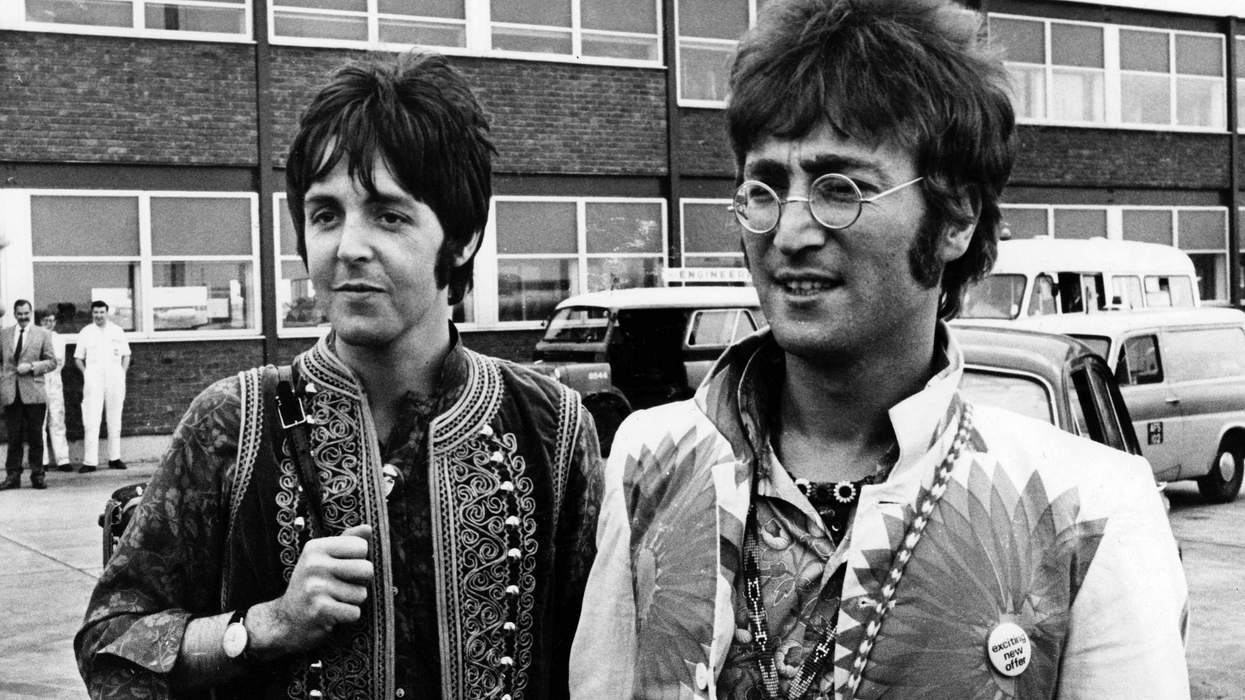Children make a lot of excuses. They do a lot of judging based off of appearances. It's troubling, particularly when it's dinnertime. My youngest, Tristan, won't eat meatballs for these reasons: They look boring, they're not square, and they look like cooked zombies. Recently I was told the worst excuse ever -- though it had nothing to do with food and everything to do with my oldest son, Titan, who is 7.
"Miss Tiffanie," my son's best friend began one day while over after school. "I invited the boy down the street to come play with us. But he said he can't be friends with Titan, because you're a little person and he doesn't like little people."
My heart sank. I made an excuse of my own to enter the kitchen, where I cried my eyes out. Born with a rare form of dwarfism, diastrophic dysplasia, I was never meant to be taller than 36 inches. The thought of having my child excluded, teased, and judged because of it nearly prevented me from having kids in the first place.
I didn't cry because I was judged by my dwarfism. I've made a career triumphing over ignorance. My memoir, Dwarf: How One Woman Fought for a Body -- And a Life -- She Was Never Supposed to Have, was based on my journey of overcoming adversity. In it, I state my beliefs on the word "normal." There's no such thing!
I also didn't cry because some ass-hat kid didn't want to be friends with my kid. (Can you call an 8-year-old an ass-hat?) Popularity is not the name of our game.
I cried because the way I was born was used against my son. Turns out, there is a real phobia around little people called achondroplasiaphobia. Also going by nanosophobia or lollypopguildophobia, it originates from a negative or traumatic experience with someone who has dwarfism. Symptoms range from severe anxiety, crying, screaming hysterically, dry mouth, shaking, and avoiding places where a little person may be: a casino, a circus, a fair, or in this case, my house.
A child actively not wanting to play with another child based off how the parent looks transcends beyond the 4.2 million other handicapped mothers who try to "parent-on," and affects every race, color, and creed. It also deeply affects one of the most vulnerable demographics in the parenthood realm: transgender parents.
Studies released in 2016 estimate the total number of trans adult Americans as approximately 1.4 million. Between one-quarter and one-half of trans Americans report being parents. Those who are in the process of transitioning have been shown to be the most susceptible to discrimination, especially in family court proceedings.
Gary J. Gates, Ph.D., from the Williams Institute, estimates 3 million LGBT Americans have had a child and as many as 6 million American children and adults have an LGBT parent. Nearly half of LGBT women (48 percent) are raising a child under 18, along with one-fifth of men in the community (20 percent).
So, obviously I didn't have to look too far to find another LGBTQ family who endured a similar situation as I had. I only had to travel down the street.
"Our daughter takes riding lessons and loves hanging around the barn afterward just playing. You learn a lot that way and it's supposed to be a way to make new friends." says Melissa Shea-Lawson, the mother of four beautiful children. "When my wife picked our girl up one day and drove home, she noticed in the rear-view mirror our daughter's eyes were wide and filled with tears."
Apparently, another young girl argued to their daughter that having two moms was "so gross," and that it was justification enough to be excluded.
"Of course I cried," Shea-Lawson shares. "I didn't cry because someone judged me and my wife. We're adults. We have a hard shell. I didn't cry because my daughter wasn't invited to a party or sleepover. I cried because that comment took our daughter's innocence away, as hate often does. Something that was so normal to her was taken and pitted against her."
The incident forced their family to have a conversation they weren't prepared to have yet. What seems to be the natural course of action is to assume the discriminating child is encouraged to do so somewhere in the home. Maybe.
Then again, that idea might not be fair. If a parent has a horrible dislike or fear of flowers, will their kid curse bouquets for the rest of their life? Probably not.
Our children are not us. But the question remains: If our children do form their own beliefs, how do we raise good people who believe in inclusion and equality? Start by acknowledging that our children learn from us.
Kindness. Love. Thoughtfulness. Parents must be the main influence in their child's lives. It's about reiterating--no matter what--that our day must never include hate. We don't have to like the choices someone else makes. We don't have to completely understand. It's not our obligation to do so in the first place. It is up to us, however, to show respect.
Back in the kitchen on that aforementioned day with my son and his friend, Titan entered. I'll never forget the way his brown eyes twinkled with a genuine love for life.
"Titan," I said, "what would you do if someone didn't want to be friends with you because your mom is different?"
Without skipping a beat and while snagging an apple, he replied, "I'd say, that's your problem. Not mine."
Tiffanie DiDonato is the author of DWARF: How One Woman Fought For A Body--and a life--She Was Never Supposed To Have, published by Plume, an imprint of Penguin-Random House.
